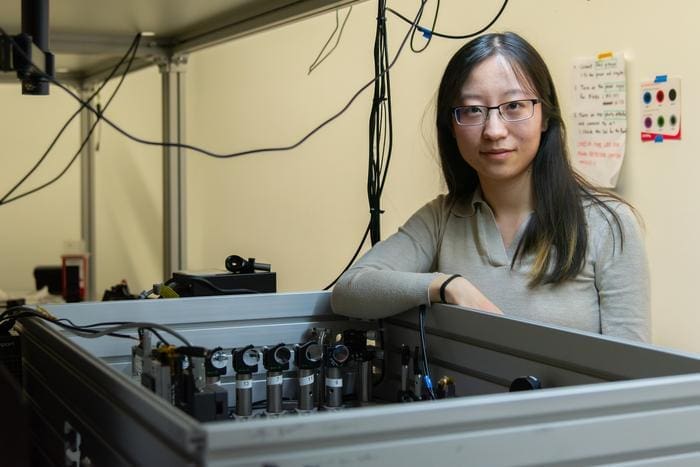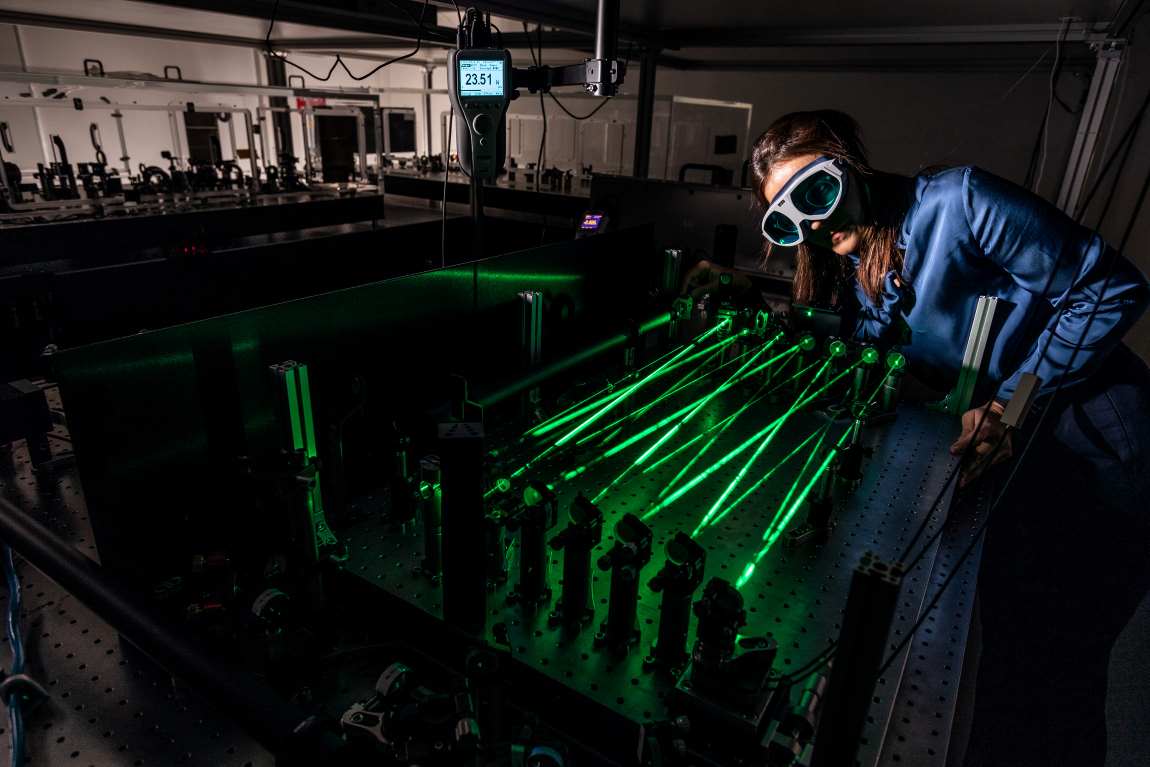Methane, a potent greenhouse gas with a warming potential 25 times greater than carbon dioxide, has long posed challenges for precise atmospheric detection due to interference from water vapor and its volatile presence.
Now, researchers at the Max Planck Institute for the Science of Light (MPL) have introduced a cutting-edge ytterbium thin-disk laser technology that promises transformative advancements in monitoring atmospheric pollutants.
This breakthrough was detailed in APL Photonics.

The innovative system harnesses the power of ytterbium thin-disk lasers to drive an optical parametric oscillator (OPO), producing high-power, stable pulses in the short-wave infrared (SWIR) spectral range. This spectral window is uniquely suited for detecting pollutants like methane, as it minimizes interference from water vapor while maximizing sensitivity to target gases.
The technology enables researchers to analyze a wide variety of atmospheric compounds with unprecedented precision, offering new insights into greenhouse gas dynamics and the broader impacts of climate change.
“The output of our laser system can be scaled to higher average and peak power, due to the power scalability of ytterbium thin-disk lasers,” said Anni Li, a PhD student at MPL. “Employing the system for the accurate detection of pollutants in real time allows deeper insights into greenhouse gas dynamics. This could help address some of the challenges we face in understanding climate change.”
The laser operates by producing high-power, femtosecond pulses at megahertz repetition rates, which are then converted to the SWIR range using an OPO. The OPO enhances the precision of pollutant detection through high-frequency modulation, improving the signal-to-noise ratio in spectroscopic applications.
This stability and tunability make the system a game-changer for advanced methods like field-resolved spectroscopy and femtosecond fieldoscopy, which are crucial for analyzing atmospheric compounds with minimal interference.
“This new technology is not only applicable to atmospheric monitoring and gas sensing, but also holds potential for other scientific fields such as earth-orbit communication, where high-bandwidth modulated lasers are required,” said Dr. Hanieh Fattahi, the lead researcher on the project.
The team plans to refine the system further, aiming to create a versatile platform capable of real-time pollutant monitoring and supporting optical communications in earth-space systems. By addressing long-standing challenges in greenhouse gas detection, this laser technology could play a pivotal role in understanding and mitigating the impacts of climate change while opening doors to new scientific applications.
Journal Reference:
Anni Li, Mehran Bahri, Robert M. Gray, Seowon Choi, Sajjad Hoseinkhani, Anchit Srivastava, Alireza Marandi and Hanieh Fattahi, ‘0.7 MW Yb:YAG pumped degenerate optical parametric oscillator at 2.06 μm’, APL Photonics 9, 100808 (2024). DOI: doi.org/10.1063/5.0230388
Article Source:
Press Release/Material by Max Planck Institute for the Science of Light
Featured image: The optical parametric oscillator pump by ytterbium thin disk laser. Credit: Axel Griesch



